Advantages of Choosing Nectarine Peach Plants
When it comes to selecting fruit-bearing trees for your garden, orchard, or commercial farm, the nectarine peach plant is a rewarding choice. Known for its smooth skin, delightful flavor, and high nutritional value, the nectarine peach combines beauty with productivity. Whether you are a home gardener seeking fresh, pesticide-free fruit or a farmer exploring profitable crops, nectarine peaches offer countless benefits. This article explores the many advantages of choosing nectarine peach plants, covering their nutritional benefits, economic potential, aesthetic appeal, environmental contributions, and more.
Choosing nectarine peach plants is a decision that offers a wealth of advantages.
1. Introduction to Nectarine Peach Plants
The nectarine peach (Prunus persica var. nucipersica) is a close relative of the peach but distinguished by its smooth skin, which resembles that of a plum. Despite this difference, nectarines and peaches share nearly identical growing requirements, making them easy to cultivate together. Nectarine peaches are widely grown in temperate regions and valued for their juicy, sweet-tart flesh and vibrant appearance. Beyond their delicious taste, these fruits are rich in vitamins, minerals, and antioxidants, which make them an excellent addition to a healthy diet.
Choosing nectarine peach plants provides multiple layers of advantages—from health benefits to economic opportunities—making them an excellent option for gardeners and farmers alike.
2. Nutritional Advantages of Nectarine Peaches
One of the primary reasons people appreciate nectarines is their impressive nutritional profile. Eating them fresh from the tree provides a natural and wholesome way to boost health.
2.1 Rich Source of Vitamins
Nectarines are loaded with essential vitamins, particularly:
Vitamin A – Supports eye health and skin vitality.
Vitamin C – Strengthens the immune system and promotes collagen production.
Vitamin E – Works as a natural antioxidant that protects cells from damage.
B-complex vitamins – Aid in metabolism and energy production.
2.2 High in Minerals
Nectarines contain important minerals, including:
Potassium – Helps regulate blood pressure and fluid balance.
Magnesium – Supports muscle and nerve function.
Iron – Aids in the production of healthy red blood cells.
Calcium – Essential for strong bones and teeth.
2.3 Low-Calorie and High-Fiber Fruit
A medium-sized nectarine has fewer than 70 calories but is packed with dietary fiber. This makes it an excellent choice for weight management and digestive health.
2.4 Antioxidant Benefits
Nectarine peaches are rich in antioxidants such as beta-carotene, lutein, and polyphenols. These compounds help combat free radicals in the body, reducing the risk of chronic diseases like heart disease and cancer.
By planting nectarine peach trees, you ensure a continuous supply of fresh, nutrient-rich fruits for your family or customers.
3. Economic Advantages of Growing Nectarine Peach Plants
For farmers and entrepreneurs, nectarines present a highly profitable agricultural opportunity.
3.1 High Market Demand
Nectarines are widely popular in local fruit markets, supermarkets, and export industries. Their attractive look and smooth skin make them especially appealing to consumers.
3.2 Commercial Value
Nectarines are versatile and can be sold in multiple forms:
Fresh fruits in markets.
Processed products such as jams, juices, canned fruits, and dried snacks.
Premium items in gourmet and health-focused stores.
3.3 Long-Term Investment
Once established, nectarine peach plants provide consistent yields year after year. With proper care, a single tree can bear fruit for decades, making them a smart long-term investment.
3.4 Employment Opportunities
Large-scale nectarine cultivation creates jobs in planting, harvesting, packaging, and distribution, contributing to rural economic growth.
4. Environmental and Agricultural Advantages
Planting nectarine peach trees benefits not only growers but also the environment.
4.1 Contribution to Biodiversity
Fruit orchards add variety to the landscape, supporting pollinators like bees and butterflies, which are essential for global food production.
4.2 Soil Health Improvement
Fallen leaves and organic matter from nectarine trees enrich the soil, enhancing fertility and reducing the need for chemical fertilizers.
4.3 Adaptability
Nectarine peach plants adapt well to different soil types and climatic conditions. With proper care, they can thrive in both small home gardens and large-scale orchards.
4.4 Sustainable Farming
Since nectarines can be grown organically with fewer chemical inputs, they are an eco-friendly option for sustainable agriculture.
5. Aesthetic and Landscaping Advantages
Beyond their fruit production, nectarine peach trees are valued for their ornamental qualities.
5.1 Beautiful Blossoms
In early spring, nectarine peach plants produce vibrant pink blossoms that enhance the beauty of gardens, orchards, and landscapes. These flowers attract pollinators, creating a lively environment.
5.2 Shade and Structure
Mature trees provide natural shade, making outdoor areas more comfortable during hot summer months.
5.3 Multi-Purpose Planting
Nectarine peach trees can serve as both functional fruit producers and attractive landscape features, adding charm to homes, parks, and farms.
Note:Choosing nectarine peach plants is a decision that offers a wealth of advantages.
6. Health and Lifestyle Advantages
Choosing nectarine peach plants directly contributes to a healthier lifestyle.
6.1 Fresh and Organic Food Source
Homegrown nectarines are free from harmful pesticides and chemicals often found in commercially grown fruits.
6.2 Heart Health
High potassium levels and antioxidants in nectarines support cardiovascular health by reducing cholesterol and controlling blood pressure.
6.3 Weight Management
Being low in calories yet high in fiber, nectarines help control appetite and aid in weight loss diets.
6.4 Skin and Hair Benefits
The vitamins and antioxidants in nectarines promote glowing skin, prevent premature aging, and strengthen hair health.
7. Educational and Community Advantages
Nectarine peach plants also provide social and educational benefits.
7.1 Learning Opportunity
For children and students, growing nectarines offers hands-on lessons in biology, agriculture, and environmental science.
7.2 Community Gardens
Nectarine peach trees can be grown in shared community gardens, promoting teamwork, food security, and healthy eating habits.
7.3 Cultural Value
In many cultures, peaches and nectarines symbolize prosperity, abundance, and longevity. Planting them can be a way of preserving cultural traditions.
8. Ease of Cultivation and Maintenance
Compared to some fruit trees, nectarine peach plants are relatively easy to grow.
8.1 Moderate Space Requirements
Nectarine trees do not require excessive space, making them suitable for small gardens and even container planting.
8.2 Early Yielding
These trees typically start producing fruit within 2–4 years after planting, allowing growers to enjoy results relatively quickly.
8.3 Manageable Care
Pruning, watering, and fertilizing are straightforward, making them accessible even to beginner gardeners.
8.4 Dwarf Varieties
Compact varieties are available for those with limited space, enabling city dwellers and balcony gardeners to enjoy fresh nectarines.
9. Long-Term Advantages
The benefits of choosing nectarine peach plants extend far into the future.
Consistent fruit supply ensures long-term food security.
Resilience of established trees makes them less vulnerable to seasonal fluctuations.
Generational investment, as mature orchards can be passed down and continue providing value for decades.
10. Conclusion
Choosing nectarine peach plants is a decision that offers a wealth of advantages. From their nutritional value and economic potential to their aesthetic beauty and environmental contributions, these plants are more than just fruit trees—they are investments in health, sustainability, and prosperity.
For home gardeners, they provide a continuous source of fresh, organic fruit. For commercial growers, they represent a profitable crop with strong market demand. For communities, they bring people together, enhance landscapes, and promote healthy lifestyles. And for the environment, they support biodiversity and sustainable farming practices.
In short, nectarine peach plants are an all-around excellent choice for anyone looking to combine practicality with beauty, health, and economic potential. Whether planted in a backyard garden, community orchard, or large-scale farm, their advantages are long-lasting and rewarding.
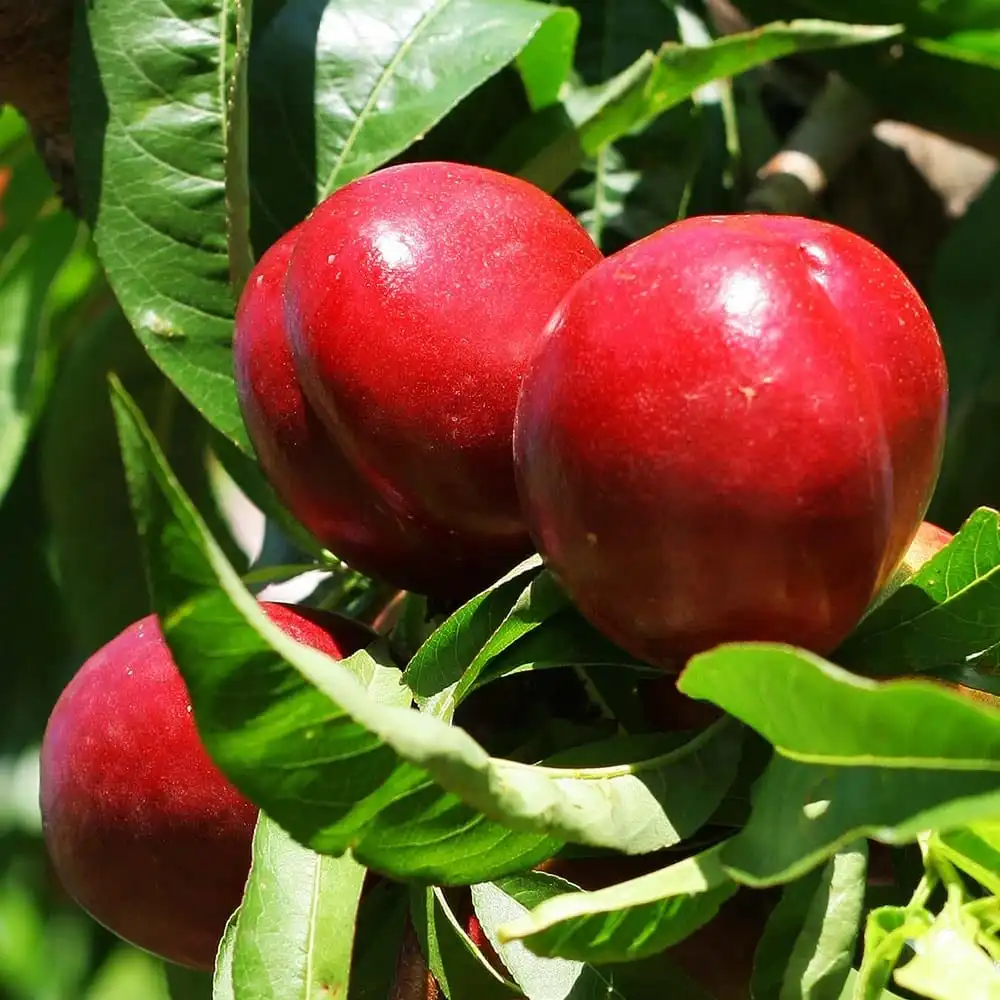
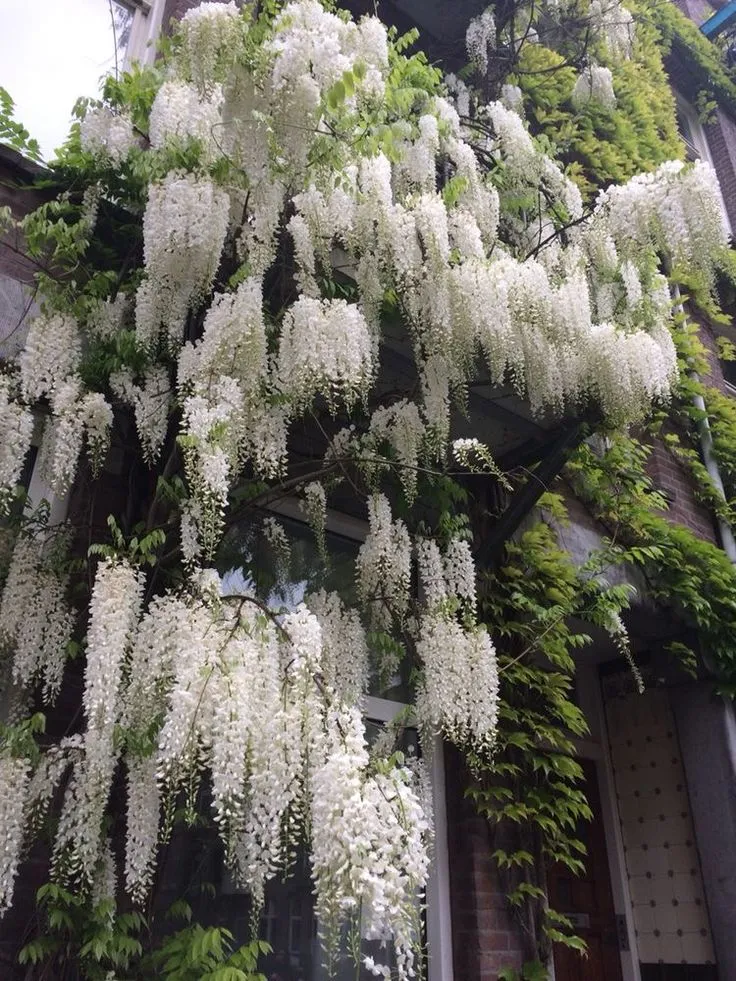
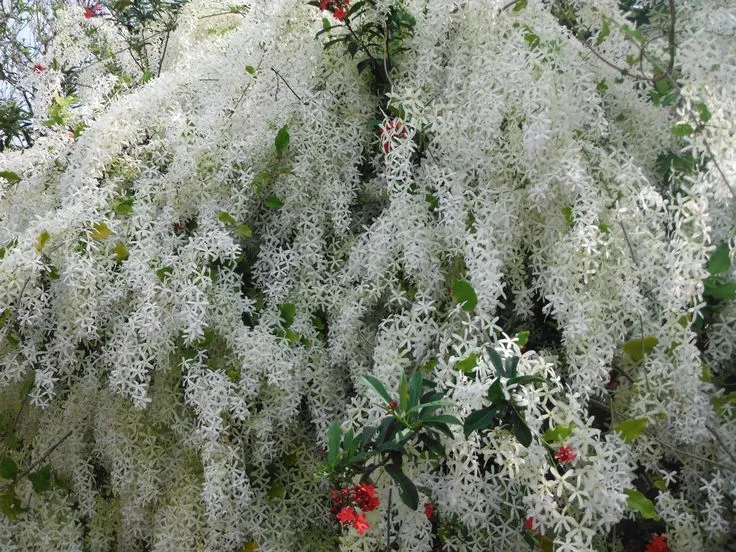
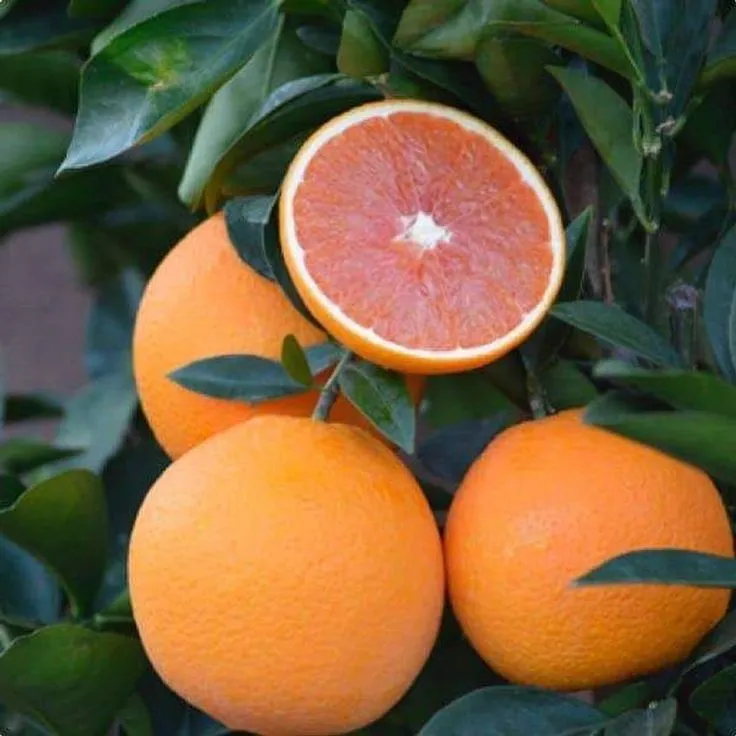
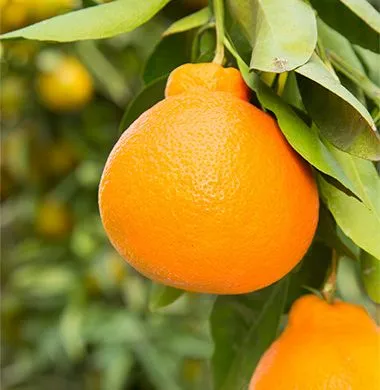
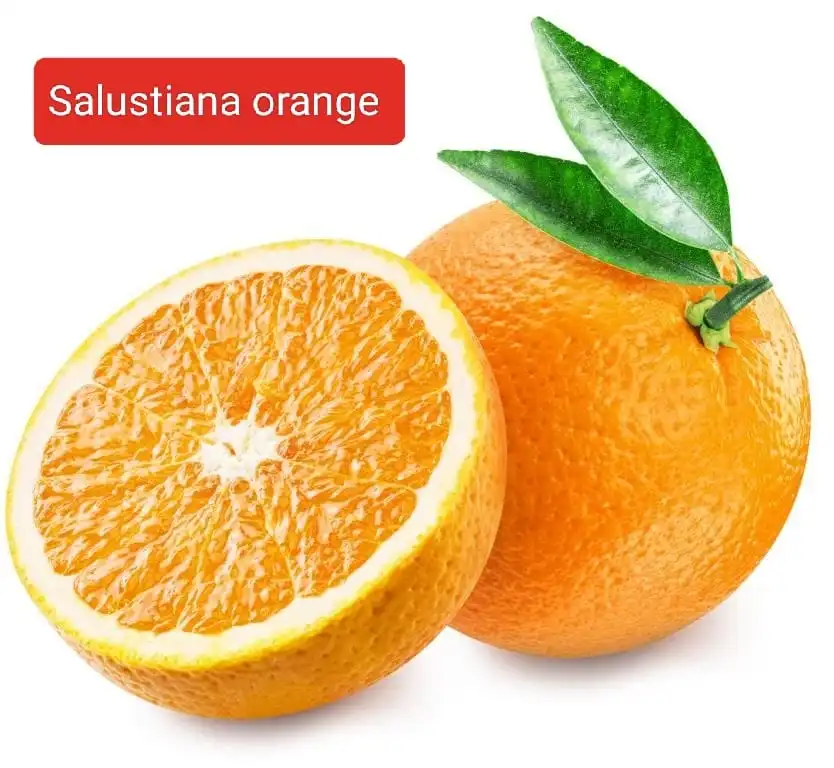
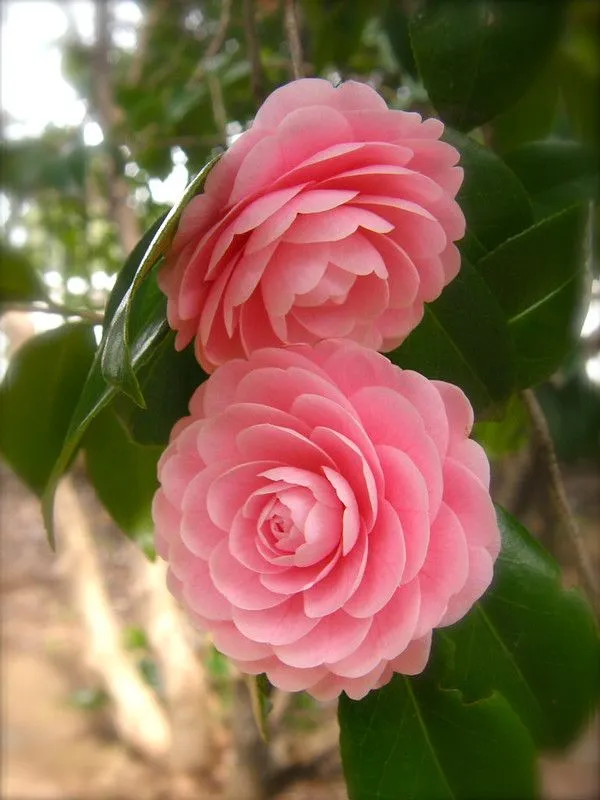
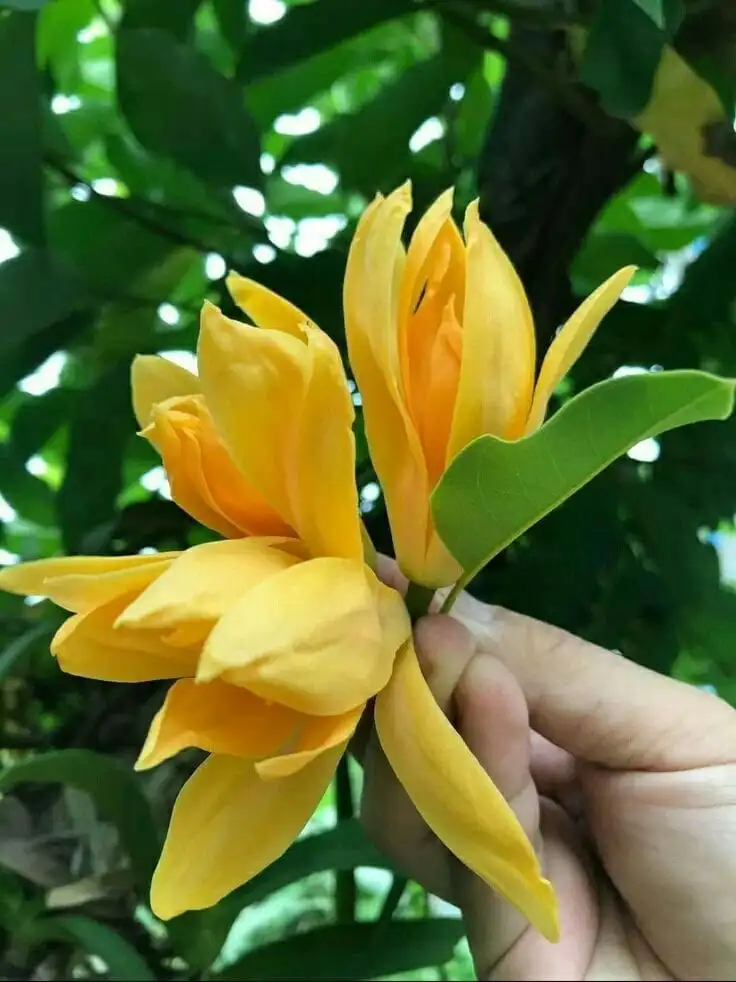


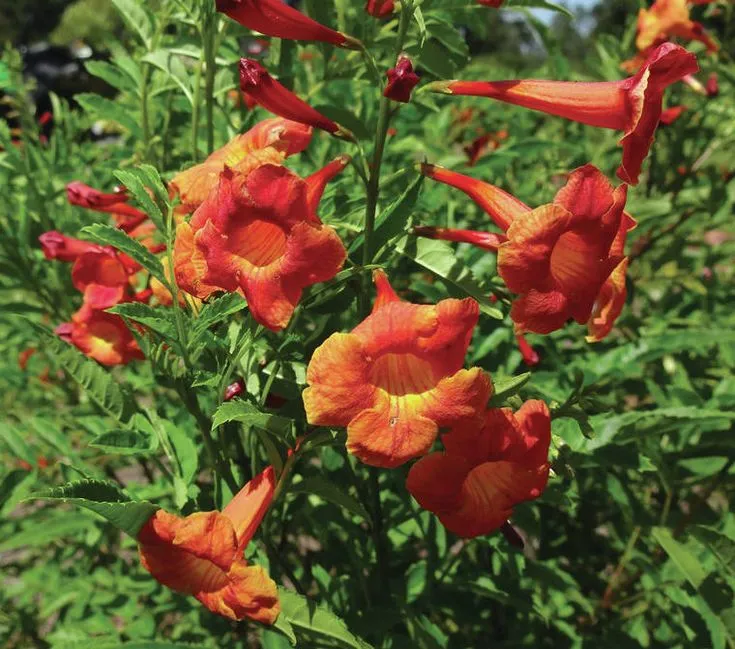
Leave a Reply